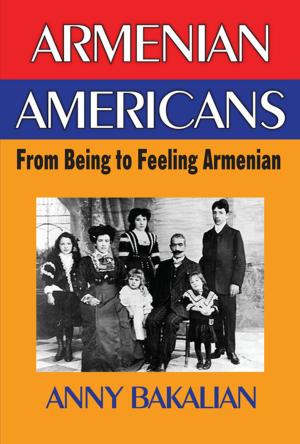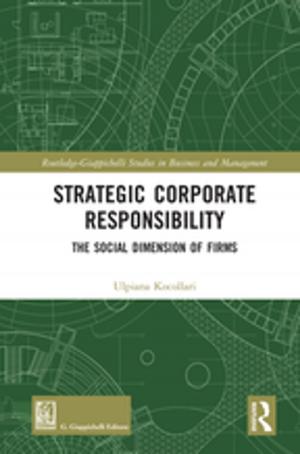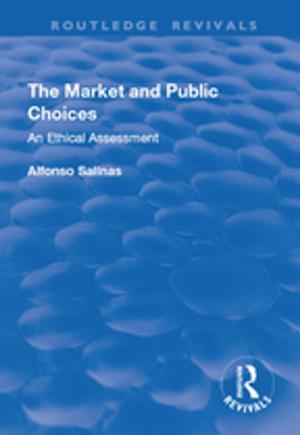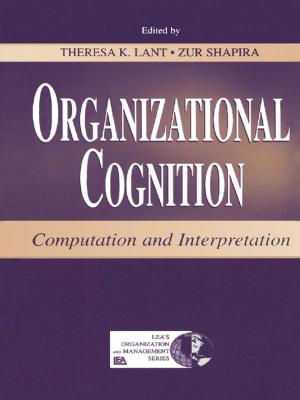Soviet Karelia
Politics, Planning and Terror in Stalin's Russia, 1920–1939
Nonfiction, History, Asian, Russia, Modern, 20th Century, Social & Cultural Studies, Political Science| Author: | Nick Baron | ISBN: | 9781134383566 |
| Publisher: | Taylor and Francis | Publication: | October 12, 2012 |
| Imprint: | Routledge | Language: | English |
| Author: | Nick Baron |
| ISBN: | 9781134383566 |
| Publisher: | Taylor and Francis |
| Publication: | October 12, 2012 |
| Imprint: | Routledge |
| Language: | English |
In 1920, Lenin authorised a plan to transform Karelia, a Russian territory adjacent to Finland, into a showcase Soviet autonomous region, to show what could be achieved by socialist nationalities policy and economic planning, and to encourage other countries to follow this example. However, Stalin’s accession to power brought a change of policy towards the periphery - the encouragement of local autonomy which had been a key part of Karelia’s model development was reversed, the state border was sealed to the outside world, and large parts of the republic's territory were given over to Gulag labour camps controlled by the NKVD, the precursor of the KGB. This book traces the evolution of Soviet Karelia in the early Soviet period, discussing amongst other things how political relations between Moscow and the regional leadership changed over time; the nature of its spatial, economic and demographic development; and the origins of the massive repressions launched in 1937 against the local population.
In 1920, Lenin authorised a plan to transform Karelia, a Russian territory adjacent to Finland, into a showcase Soviet autonomous region, to show what could be achieved by socialist nationalities policy and economic planning, and to encourage other countries to follow this example. However, Stalin’s accession to power brought a change of policy towards the periphery - the encouragement of local autonomy which had been a key part of Karelia’s model development was reversed, the state border was sealed to the outside world, and large parts of the republic's territory were given over to Gulag labour camps controlled by the NKVD, the precursor of the KGB. This book traces the evolution of Soviet Karelia in the early Soviet period, discussing amongst other things how political relations between Moscow and the regional leadership changed over time; the nature of its spatial, economic and demographic development; and the origins of the massive repressions launched in 1937 against the local population.















